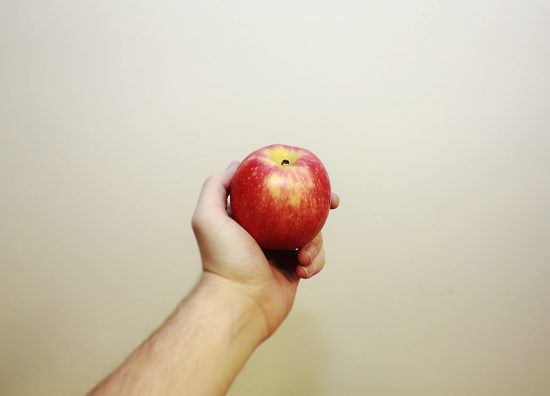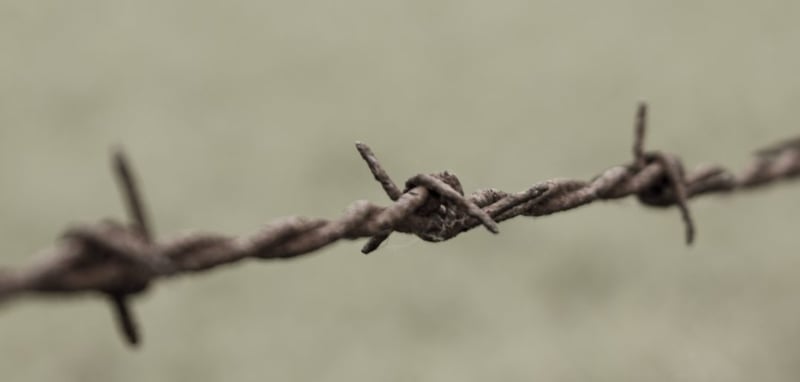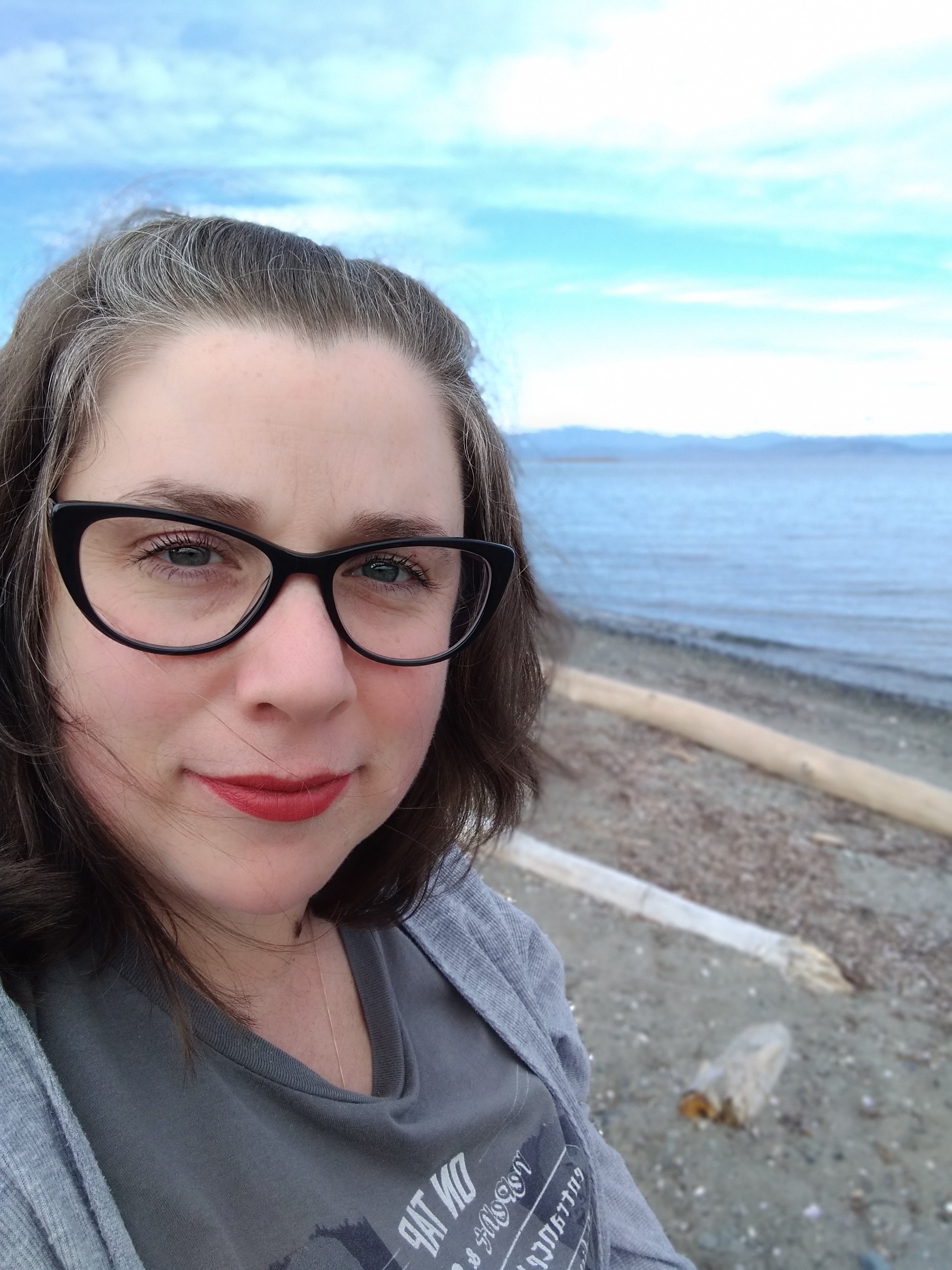In my homeland, Canada, our government has struck down laws criminalising euthanasia. It then enacted legislation to state that it is a right of all Canadian people to choose death, if they so wish. If people choose to die, there are restrictions that prevent them, but those restrictions are few. In fact, there are lobbyists with influence who are trying to prevent restrictions on euthanasia, period. It is a very disturbing time here.
Some people I know had a daughter who was mentally challenged. I do not know much about her situation or her family’s. Recently she was hospitalised and her family had to make some serious decisions regarding her fate. I can’t even imagine the stress and great sadness that her family went through in trying to do what is right. I believe it is always a struggle to discern God's will in stressful times like this family has gone through.
In conversation with another person who knows this family, uncomfortable terms and phrases were used in relation to this person’s life, such as, “no quality of life,” “it’s been so hard on them,” [not the person whose life was on the line] “how much can they put her though?” and “well, she’s non-responsive.” This conversation brought me to thinking again about the unnatural normalization of euthanasia language in people's lives. While I've reflected on the problem with euthanasia here, it in no way is a reflection on what happened with the family at the hospital; it was the whole situation that sparked this reflection.
 Apple via
Freely Photos (2016). CC0 1.0
Apple via
Freely Photos (2016). CC0 1.0
I take issue with people using language that objectifies a vulnerable person, that takes away the inherent human dignity one has for being human. A person’s human life is being put against someone else’s idea of what ‘quality of life’ might look like. The life is being put against someone else’s burden (acknowledging also that it can be a cross to bear). It’s assuming that because someone is non-responsive that he/she is not a person who has just as much dignity as anyone who is responsive.
It is dehumanizing language. This is language that supports euthanasia. This language is not Catholic and it certainly isn't compassionate.
[A]n act or omission which, of itself or by intention, causes death in order to eliminate suffering constitutes a murder gravely contrary to the dignity of the human person and to the respect due to the living God, our Creator. (Catechism of the Catholic Church, 2277)
1. Our dignity is not based on what we do or how we live our life
Humans are not made to be used for other people’s purposes. Our faith is quite clear on this, starting at the very beginning of our sacred Scriptures:
So God created humankind in his image,
in the image of God he created them;
male and female he created them.
Genesis 1:27
Each and every human person is designed in God’s image and likeness. ‘Quality of life’ is then pitted against the Creator who made that person. One broken person is telling another broken person, ‘your loved one has no quality of life, you don’t need to keep him/her on life support.’ But who is to say that the broken person’s quality of life is a standard to uphold? It denies the inherent and eternal dignity the person has gained from God. If dignity is obtained through any other source than God, it eventually leads to using another person for our own needs, or the needs of those we deem worthy. This is called utilitarianism. Which leads to the next point . . .
2. Relativistic reasoning determines whose life has worth and whose doesn’t
We already see this with abortion; it now is extended into those who have had the opportunity to live years of life. Those who cannot stand up for themselves find that their lives are up for debate by those who may or may not be willing to care for them. Currently in Canada “The ruling only applies to competent adults with enduring, intolerable suffering who clearly consent to ending their lives.” (The CBC). This clearly has been shown to not be the case in the European countries who have adopted doctor-assisted suicide. This is demonstrated by recent cases in Belgium: “twins who died by euthanasia because they feared becoming blind, the woman with Anorexia Nervosa who died by euthanasia after her psychiatrist had sexual relations with her, the depressed woman who died by euthanasia, and the person who died by euthanasia after a botched sex change operation.” Belgium also has documentation of assisted death in cases where there was no explicit consent given, despite the fact that is it a legal requirement. Though illegal to begin with, the Netherlands now supports euthanizing infants and children as well. All ways of determining quality of life are eternally faulted because everyone’s looking through their own filtered glasses. The only truth we have about our dignity comes from God. If we do not have worth from God or, secularly, from just being human, then there is nothing that guards one from becoming used.
We are on the verge of a large group of people, the baby boomers, entering into retirement and elderly lifestyles. Under a utilitarian approach (to which euthanasia abides), this means that as they become elderly and less able to take care of themselves, they start to become a “burden” on society in taking up valuable medical expertise, money, and space. They no longer produce, so care for their predicaments when there is an easy out (euthanasia), becomes lost or abandoned. The philosophy becomes, 'if one can be benefited by being killed, is it reasonable to deprive people of that benefit simply because they are incapable of asking to be killed?'. This applies also to others in vulnerable states, such as the disabled, the depressed, those with diseases of varying types, etc. When the decision of worth/dignity is not based on the inherent value of being human, it becomes subject to relativism, and therefore also subject to no standard of interpretation or respect.
 Barbed Wire via
Freely Photos (2015). CC0 1.0.
Barbed Wire via
Freely Photos (2015). CC0 1.0.
Perhaps you’ve experienced conversations with language that makes you uncomfortable. As Catholics we are urged to shed light on why euthanasia is a problem. It almost never starts with someone saying ‘I’d rather they die.’ It starts with language laced with false compassion. Poison laced with pretty words. Do not accept this language. Our very lives may be at stake with it one day.
[tweet "Reasons to reject the language that leads to #euthanasia by @janekorvemaker"]
The person who was on life support has passed away now. She and her family are in my prayers. I pray that we will remember who she was, the gift she gave us: not because of what she could do, but because of who she was as a human being, graced with the dignity of being made in the image and likeness of God.
Pray for my country, pray for your country, pray for all those who oppose true compassionate care (which is palliative care), and those who suffer. And don’t be afraid to gently speak God’s truth in the midst of the opposition.
If you are looking for resources, look to your Catholic Conference of Bishops for their statements issued. Here are some initial ones:
Assisted Suicide and Euthanasia: Beyond Terminal Illness
Physician-Assisted Suicide: Threat to Improved Palliative Care
Copyright Jane Korvemaker (2017). Portions of this article were originally published on author's website. Used with permission.
About the Author

Jane Korvemaker
Jane Korvemaker loves food, family, wine, and God (perhaps not in that order). She holds a Certificate in Culinary Arts, which pairs perfectly with her Bachelor in Theology. A former Coordinator of Youth Ministry, she writes from the beautiful and cold province of Saskatchewan, Canada. She works from home and takes care of her three very hard-working children. Jane regularly blogs at AJK2.ca.


.png?width=1806&height=731&name=CatholicMom_hcfm_logo1_pos_871c_2728c%20(002).png)
Comments